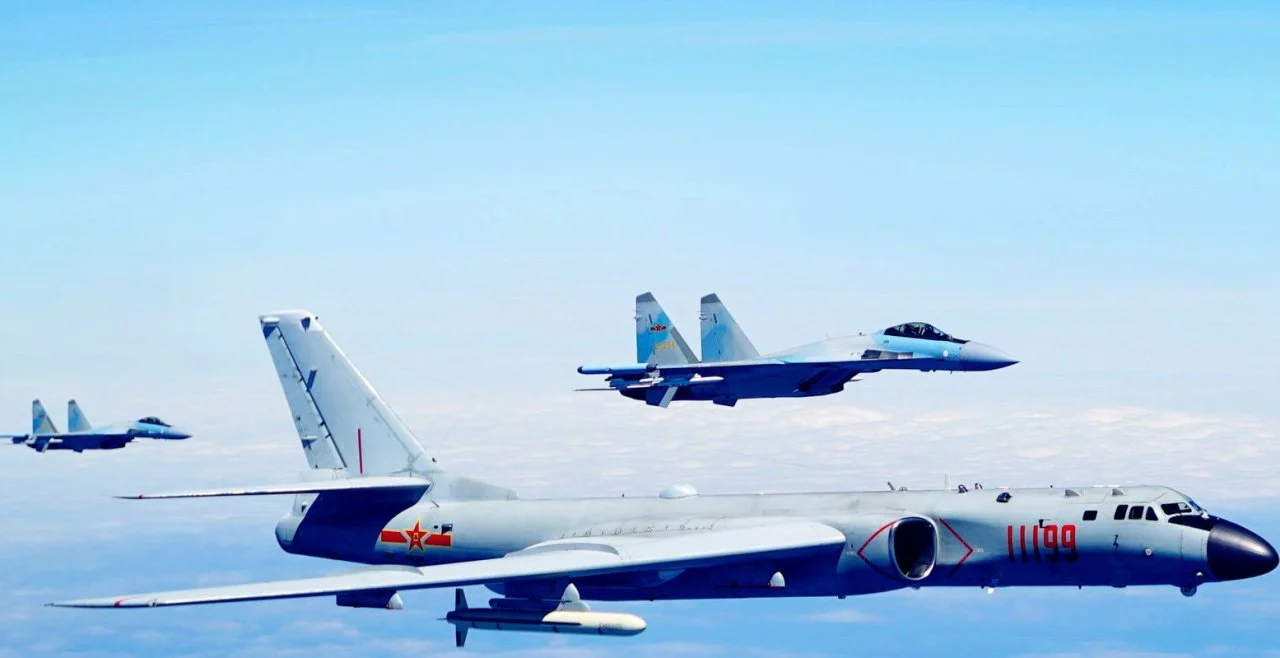European leaders are set to convene next week for an emergency summit in Paris to address growing concerns over US-led peace talks with Russia that exclude European participation. UK Prime Minister Sir Keir Starmer, who is expected to attend, described the moment as “once in a generation” for national security, emphasizing Europe’s need for a greater role within NATO.
The summit follows remarks from Donald Trump’s special envoy to Ukraine, Keith Kellogg, who suggested that previous negotiations had failed due to excessive international involvement. Senior US officials, including Secretary of State Marco Rubio, are scheduled to meet Russian negotiators in Saudi Arabia in the coming days. While US officials claim Ukraine has been invited to the talks, President Volodymyr Zelensky disputes this, asserting that his country has received no formal invitation.
Sir Keir Starmer sees his role in the summit as bridging the gap between Europe and the US to ensure a united front on Ukraine. He has stressed the importance of preventing divisions within the Western alliance, stating, “We cannot allow any fractures in our unity to be exploited by external threats.” After attending the summit in Paris, Starmer will travel to Washington to meet President Trump, where he will relay European leaders’ concerns and perspectives. A follow-up meeting with European leaders and Zelensky is expected upon his return.
Meanwhile, Polish Foreign Minister Radoslaw Sikorski confirmed that French President Emmanuel Macron called for the summit, although Macron has yet to make a formal announcement. Sikorski highlighted the unpredictability of Trump’s diplomatic approach, likening it to “reconnaissance through battle”—testing reactions before adjusting positions accordingly.
Speaking at the Munich Security Conference, Zelensky called for the formation of an “Army of Europe,” citing growing uncertainty over continued US military support. He warned that Vice-President JD Vance’s speech at the conference signaled an end to the old transatlantic security relationship, urging Europe to adapt accordingly. Zelensky also made it clear that Ukraine “will never accept deals made behind our backs without our involvement.” His comments came after Trump revealed he had a lengthy phone call with Russian President Vladimir Putin, during which the two leaders agreed to begin immediate peace negotiations. Following this, Trump merely “informed” Zelensky of his plan, raising fears in Kyiv about the nature of any prospective deal.
Trump’s decision to engage directly with Putin marks a dramatic shift in US policy, rekindling memories of his controversial 2018 Helsinki summit with the Russian leader. During that meeting, Trump publicly defended Russia against allegations of election interference, contradicting US intelligence findings. US Secretary of State Marco Rubio followed up on Trump’s recent call with Putin by speaking with Russia’s Foreign Minister, Sergey Lavrov. According to US Representative Michael McCaul, chairman of the House Foreign Affairs Committee, high-level US-Russia peace talks will take place in Saudi Arabia, with an invitation extended to Zelensky. The goal, McCaul said, is to facilitate a direct meeting between Trump, Putin, and Zelensky to “finally bring peace and end this conflict.”
At the Munich Security Conference, UK Foreign Secretary David Lammy underscored the importance of increased European defense spending, stating, “Putin will not go away.” While he welcomed the fact that 23 NATO countries now meet the 2% GDP defense spending target, he insisted that further increases are necessary given the security challenges ahead. Meanwhile, US Vice-President JD Vance criticized European democracies, asserting that their greatest threat comes not from Russia or China but from internal divisions and weak defense commitments. He reiterated the Trump administration’s stance that Europe must significantly enhance its own security capabilities.
As European leaders prepare to meet in Paris, the stakes are high. With the US forging ahead with its own diplomatic strategy, the EU faces pressure to assert itself in shaping Ukraine’s future. How Europe navigates this moment will determine not only the fate of Ukraine but also the broader security landscape of the continent.




